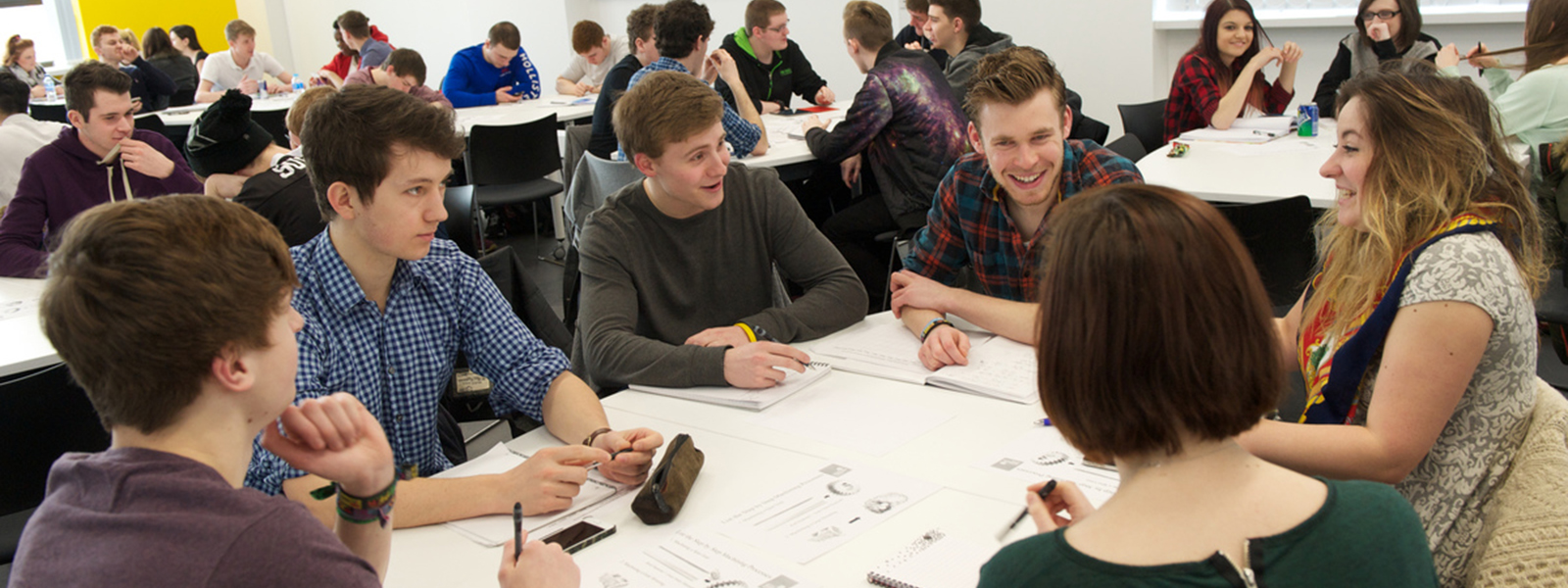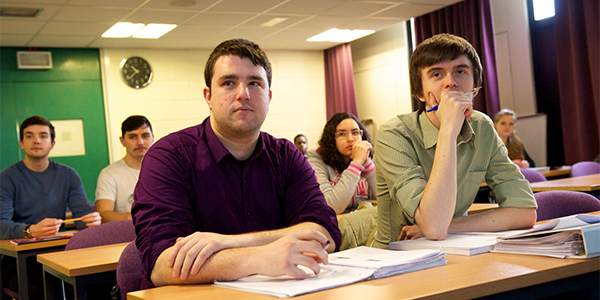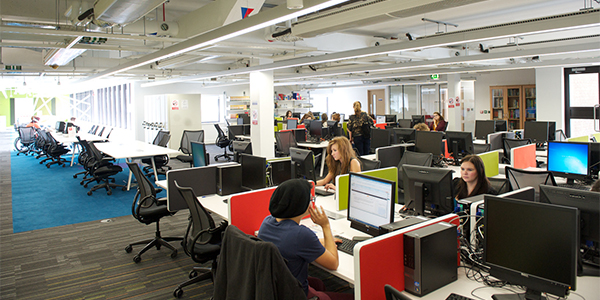All our courses are taught by a combination of lectures and small group seminars and tutorials. They may also involve lab work, practical lessons or placements depending on your course. You’ll get more information in your course or department handbooks.
Formal academic teaching is only one side of learning at university. Another is independent study – learning to work by and for yourself. This is essential if you really want to get a deeper understanding of your subject. We’ve designed the Strathclyde curriculum to help you develop as an independent learner.
Don’t worry if it’s all a bit new to you as all students are offered guidance and support throughout their studies.


